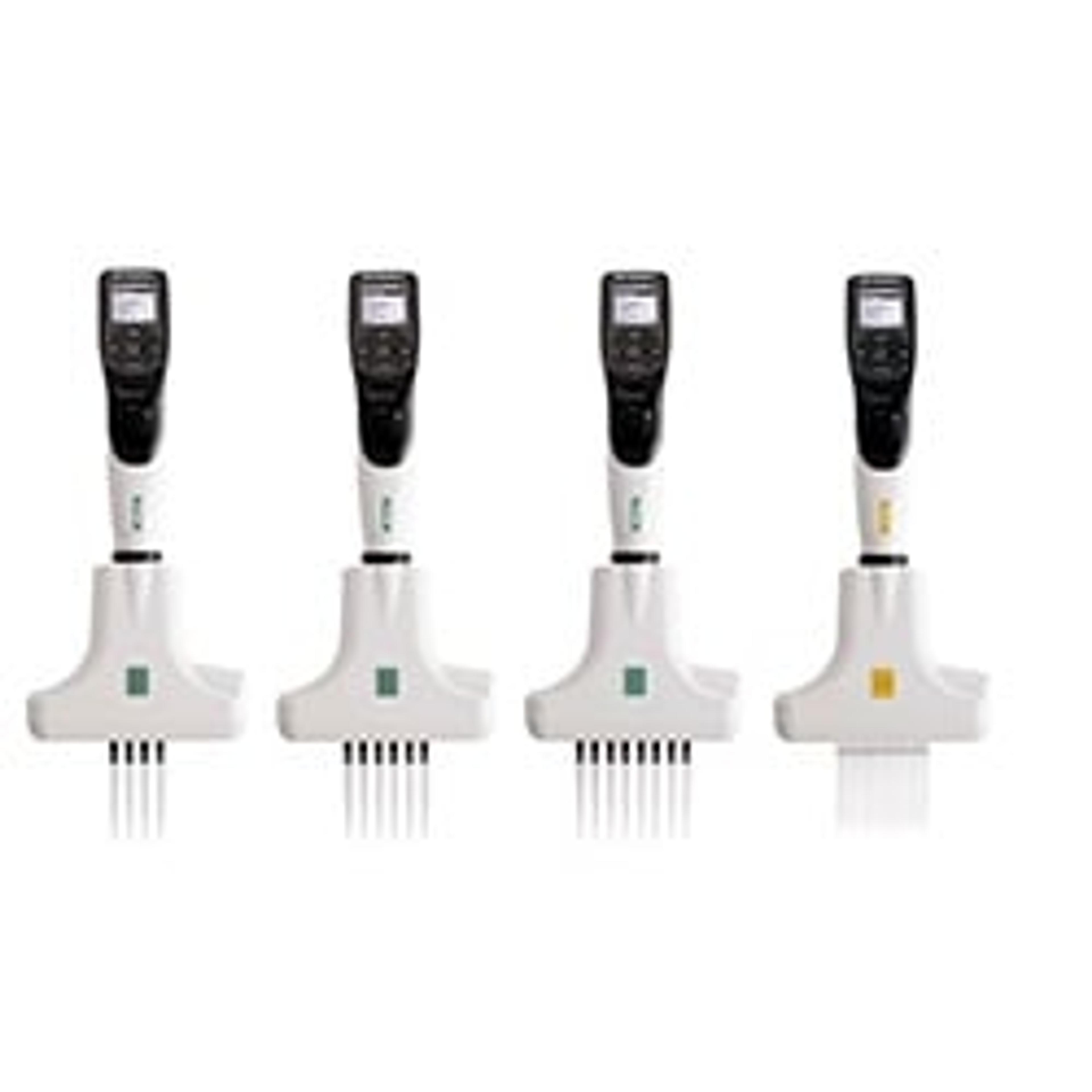INTEGRA’s VOYAGER pipette accelerates sample transfers
8 Sept 2020Researchers in the Department of Biomedicine at the University of Basel are using INTEGRA’s VOYAGER adjustable tip spacing electronic pipette to increase the efficiency of their workflows and reduce pipetting errors. Korcan Ayata is a member of the gastroenterology group – led by Prof. Dr Jan Niess – which focuses on researching mucosal immunology and gastroenterology. The group is interested in the role of immune cells in inflammatory conditions, studying how monocytes enter the tissue and differentiate into macrophages to have pro- or anti-inflammatory effects during the disease course.
The group’s normal workflow involves extracting RNA from samples and converting it to cDNA, before conducting qPCR, or running ELISAs for serum samples. Korcan explained: “Our work involves transferring lots of samples between different well formats and, previously, we were conducting this work with single channel pipettes, which was a laborious and error-prone process. We mainly use the VOYAGER in qPCR setup to transfer samples from 1.5 ml tubes to eight tube strips, and then to 384 well qPCR plates. The repeat dispensing function is really beneficial too, allowing us to distribute different qPCR master mix solutions from 1.5 ml tubes to 384 well plates. We’re also using the VOYAGER in cell culture and ELISA applications, for the addition of reagents from 1.5 and 2 ml tubes to 24, 48 and 96 well plates, plus the transfer of samples between different plate formats. The VOYAGER saves us a huge amount of time compared to using manual pipettes, and our throughput has significantly increased since using it – it really helps to accelerate our research.”
Want more of the latest science news straight to your inbox? Become a SelectScience member for free today>>

